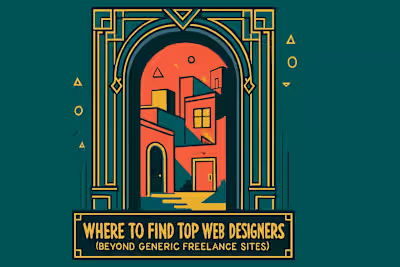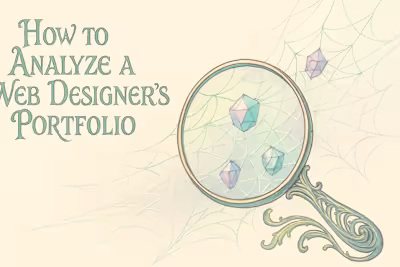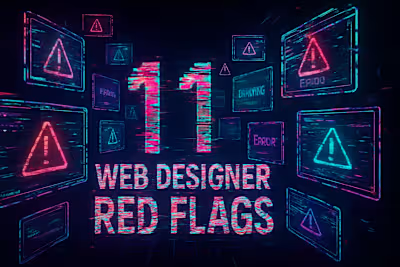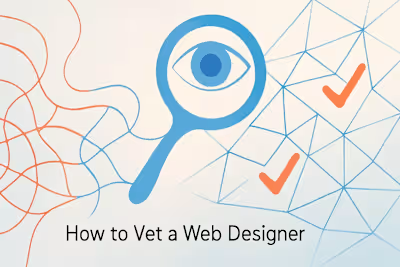Freelance Web Designer vs. Agency in 2025: A Cost & Value Comparison
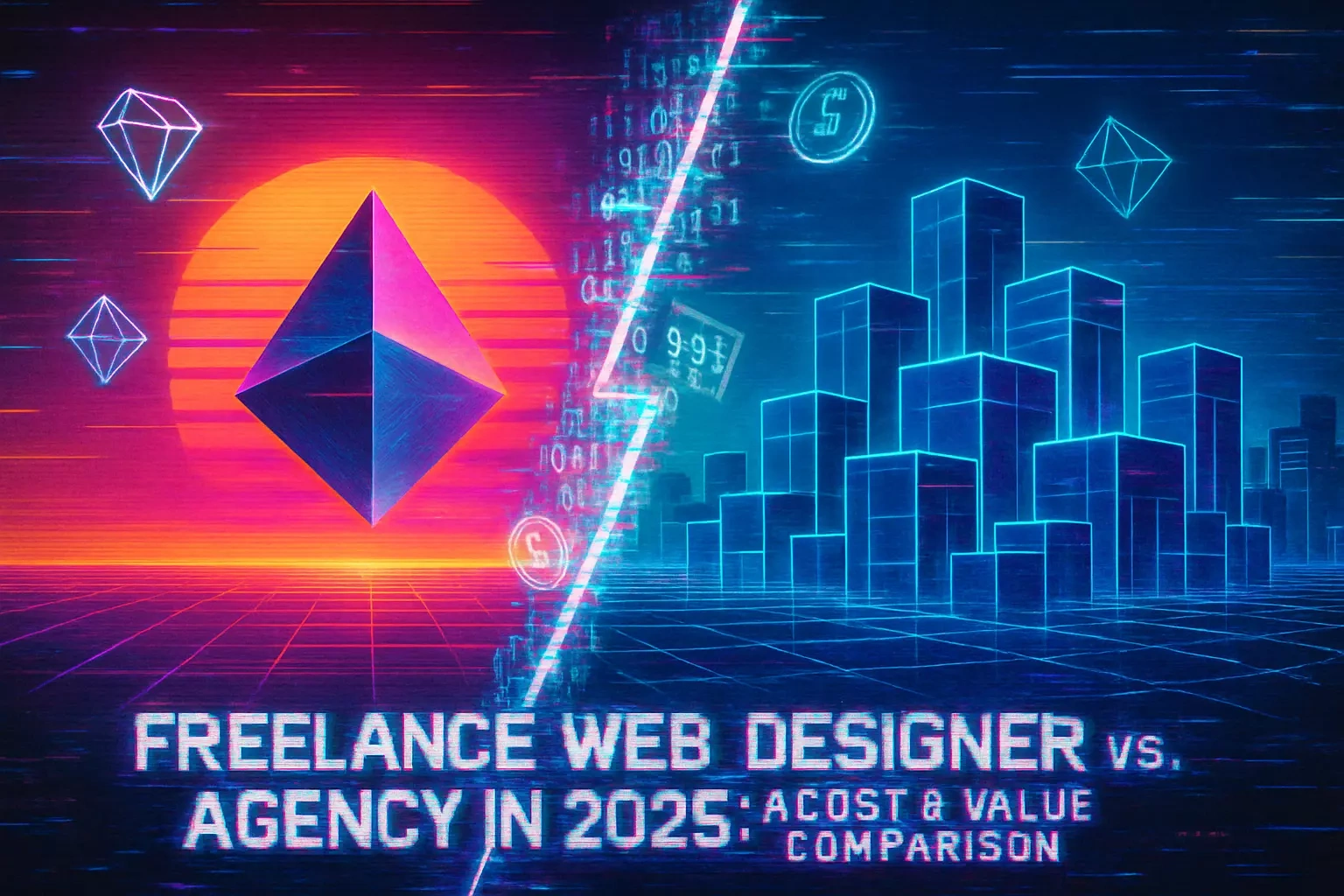
Freelance Web Designer vs. Agency in 2025: A Cost & Value Comparison
The Case for Hiring a Freelance Web Designer
Cost-Effectiveness and Lower Overhead
Direct Communication and Flexibility
Access to Specialized Skills
When is a Freelancer the Right Fit?
The Case for Hiring a Web Design Agency
Broader Skill Set and Team Access
Comprehensive Services and Scalability
Reliability and Established Processes
When is an Agency the Right Fit?
A Head-to-Head Cost Comparison
Comparing Average Project and Hourly Rates
What Do You Get for Your Money?
Making the Right Choice for Your Project
References
Freelance Web Designer vs. Agency in 2025: A Cost & Value Comparison
The Case for Hiring a Freelance Web Designer
Cost-Effectiveness and Lower Overhead
Direct Communication and Flexibility
Access to Specialized Skills
When is a Freelancer the Right Fit?
The Case for Hiring a Web Design Agency
Broader Skill Set and Team Access
Comprehensive Services and Scalability
Reliability and Established Processes
When is an Agency the Right Fit?
A Head-to-Head Cost Comparison
Comparing Average Project and Hourly Rates
What Do You Get for Your Money?
Making the Right Choice for Your Project
References
Posted Jun 30, 2025
Should you hire a freelance web designer or an agency? We compare the costs, benefits, and drawbacks of each to help you make the right choice for your project and budget.







